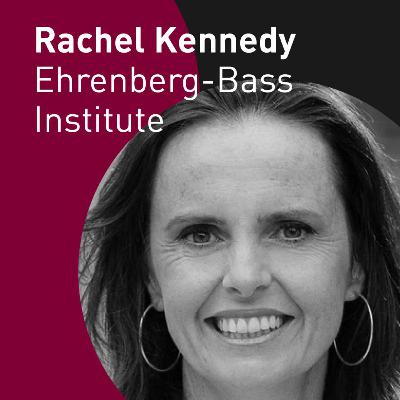
Branding over Wine
Author: Brandingmag
Subscribed: 7Played: 64Description
Marketing and branding are among the main business growth drivers, but their priority in the boardroom is often overlooked.
Each month we’re inviting one international marketer or brand manager we admire for a candid conversation about how to grow viable brands and businesses. Let’s see what worked and, just as important, what didn’t work for these amazing practitioners by addressing the hurdles of global marketing management.
Join Brandingmag’s exclusive podcast to keep increasing your worth and let’s prove that branding’s rightful place is at the core of every business. If you’re looking to grow your brand or community – locally, internationally, or across cultures – this one’s for you.
FOLLOW us on social:
LinkedIn: https://www.linkedin.com/company/brandingmag/
Instagram: https://www.instagram.com/branding.mag/
Twitter: https://twitter.com/brandingmag
Hosted on Acast. See acast.com/privacy for more information.


















